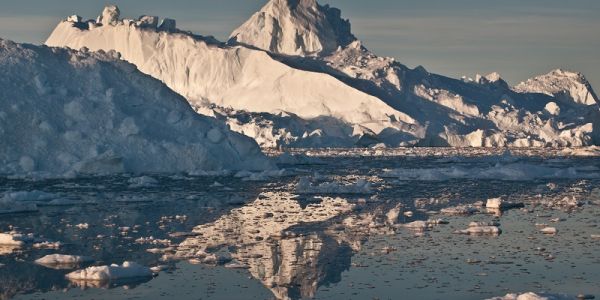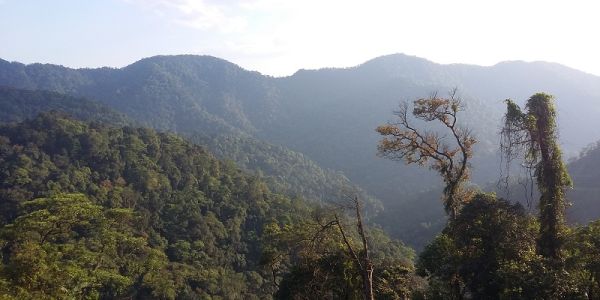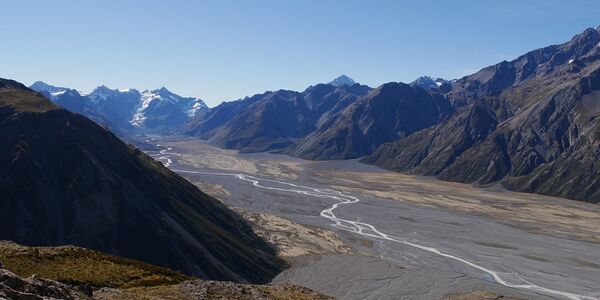
Harnessing plant power for renewable energy
Tapping into the myriad uses of plants and fungi could save people and the planet, says new report

Tapping into the myriad uses of plants and fungi could save people and the planet, says new report

Scientists warn that if greenhouse gas emissions continue apace, Greenland and Antarctica’s ice sheets could together contribute more than 39cm to global sea level rise this century.

Research by the University of Leeds has helped secure the highest government protection for internationally-important Vietnamese forests.

A global analysis reveals for the first time that across almost all tree species, fast growing trees have shorter lifespans.

Ice sheets in Greenland and Antarctica whose melting rates are rapidly increasing have raised global sea level by 1.8cm since the 1990s, and are matching worst-case climate warming scenarios.

An international study reveals how future climate change could affect malaria transmission in Africa over the next century.

The renewable energy industry needs to adopt the ideas of a circular economy, where equipment is designed to be reused or remanufactured when it reaches the end of its operational life.

A post-lockdown economic recovery plan that incorporates and emphasises climate-friendly choices could help significantly in the battle against global warming, according to a new study.

Glaciers in the Southern Alps of New Zealand have lost more ice mass since pre-industrial times than remains today, according to a new study.

The two pollutants most harmful to human health, PM2.5 and Ozone, were only slightly reduced or barely affected during the lockdown in China, according to a new study.